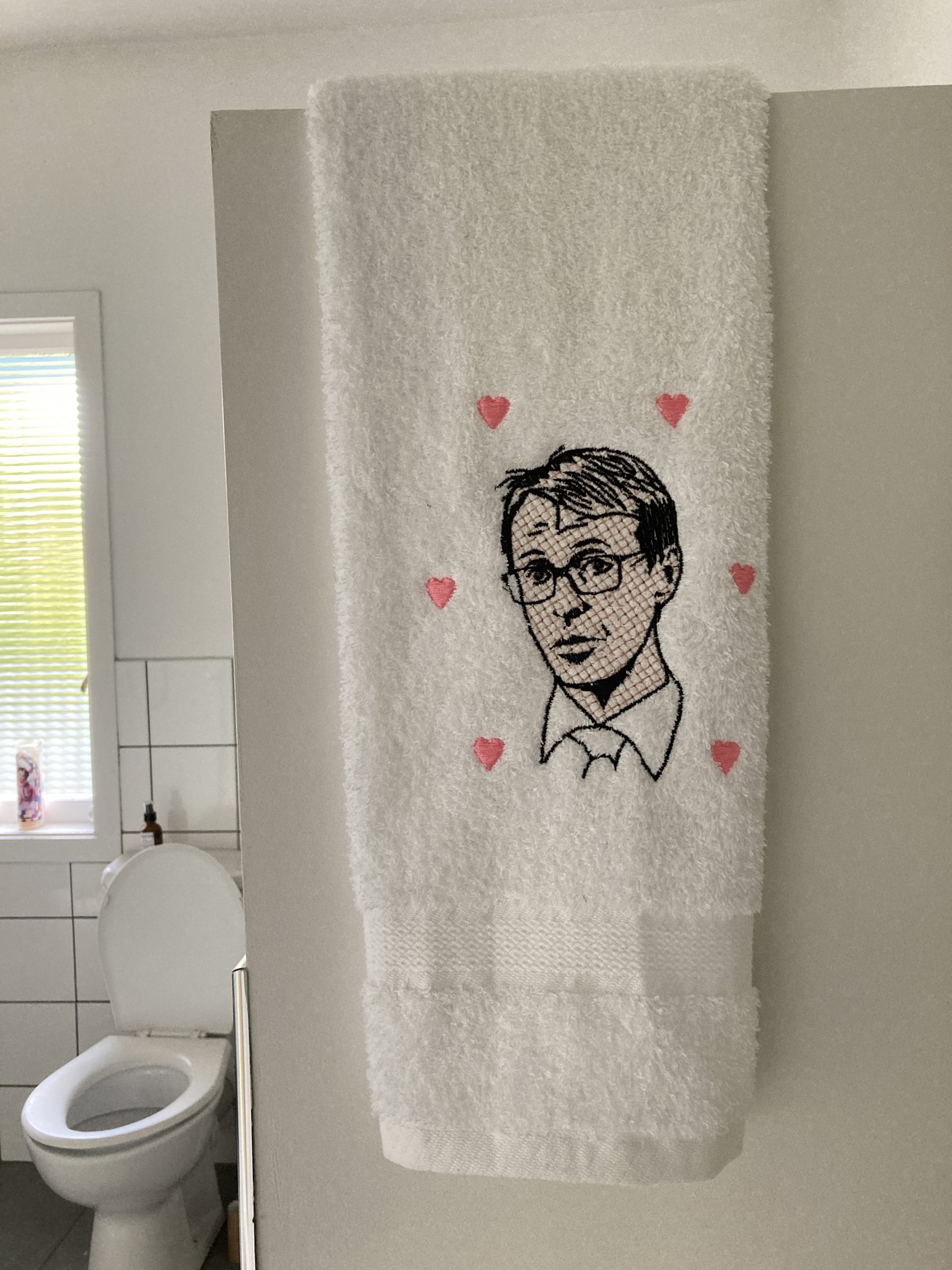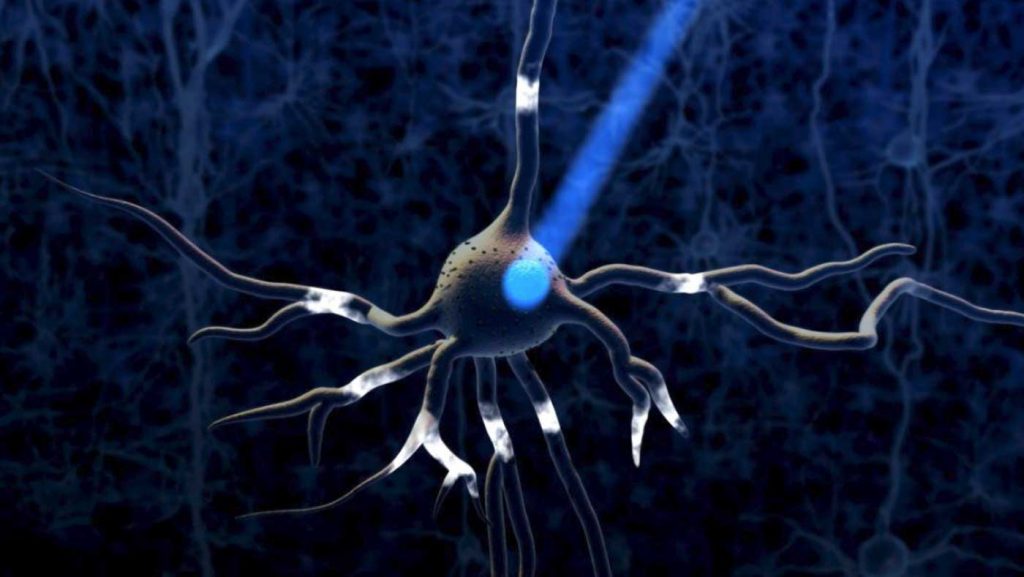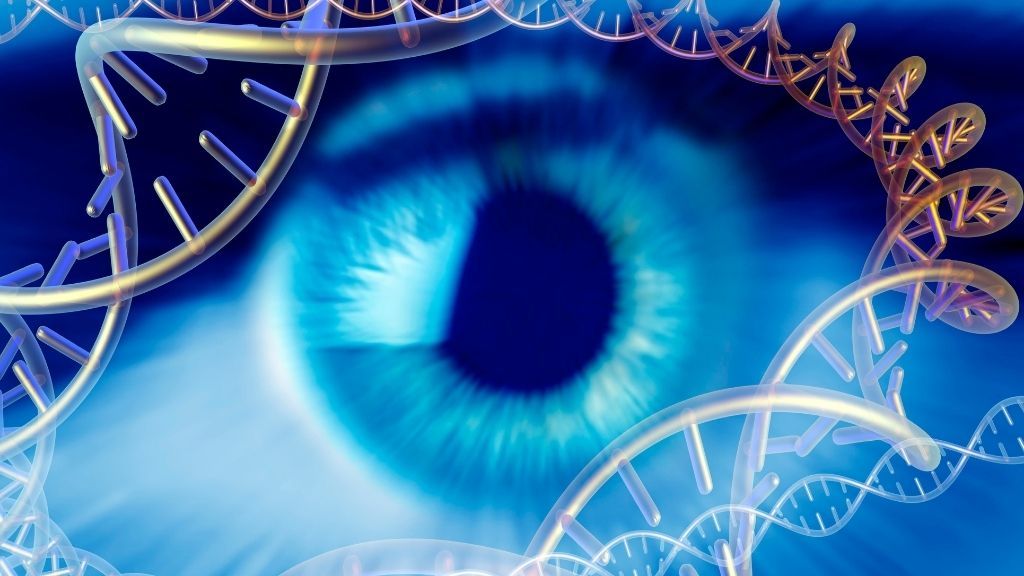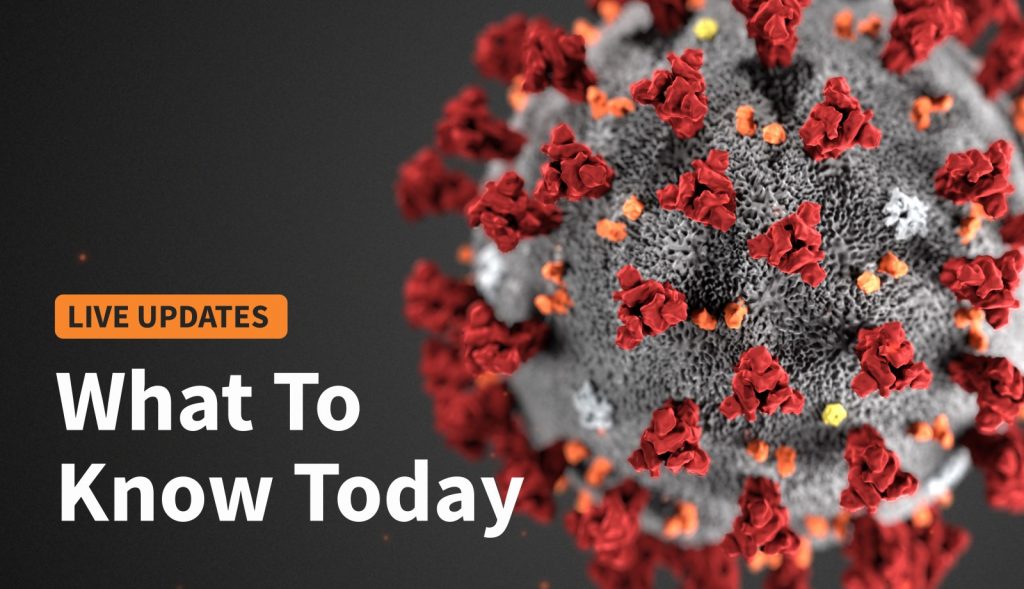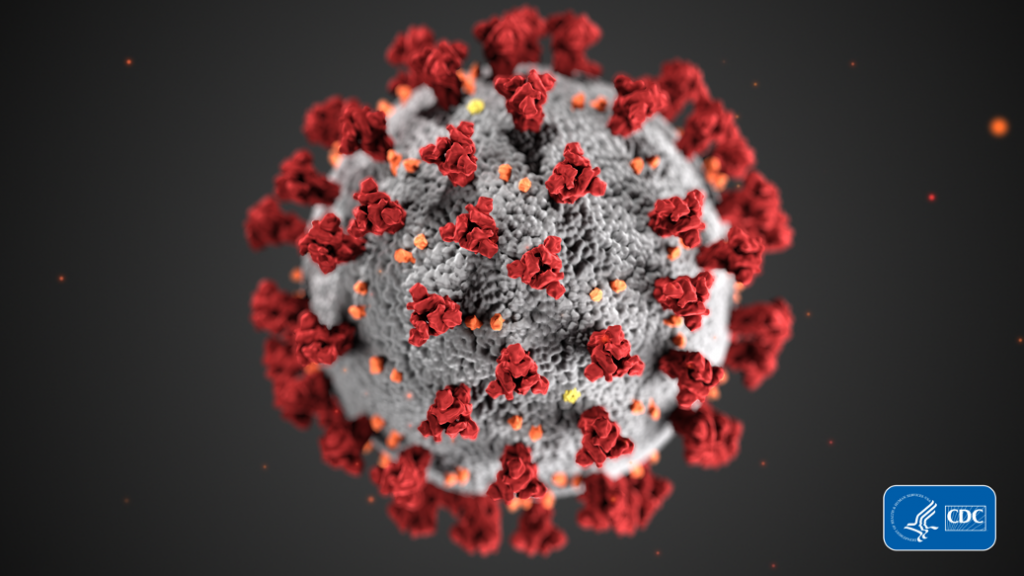Genes from algae helped a blind man recover some of his vision
25 May 2021, By Nicoletta Lanese – Staff Writer
A 58-year-old man was blind, barely able to perceive whether it was day or night. After receiving gene therapy to add light-sensing molecules to one of his retinas, he could locate a notebook set on a table. Scientists inserted genes that code for a light-sensing protein into a modified virus, then injected those genetically tweaked viral vectors into one of his eyes, the researchers reported. The protein, called ChrimsonR, is a engineered version of a light-sensitive protein found in unicellular algae, which allows the single-celled organism to detect and move toward sunlight, MIT Technology Review reported.
ChrimsonR belongs to a family of light-sensitive proteins called channelrhodopsins, hence the added “H” in crimson, and has been modified to react to colors within the reddish end of the color spectrum, namely amber light. By injecting genes for ChrimsonR into the retina — specifically into retinal ganglion cells, a kind of nerve cell that sends visual signals to the brain — the team hoped to make these cells sensitive to yellow-orange light, MIT Technology Review reported.
COVID-19 coronavirus: UK scientists discover virus can survive on fabrics for up to three days
25 Feb, 2021 01:19, Belinda Feek
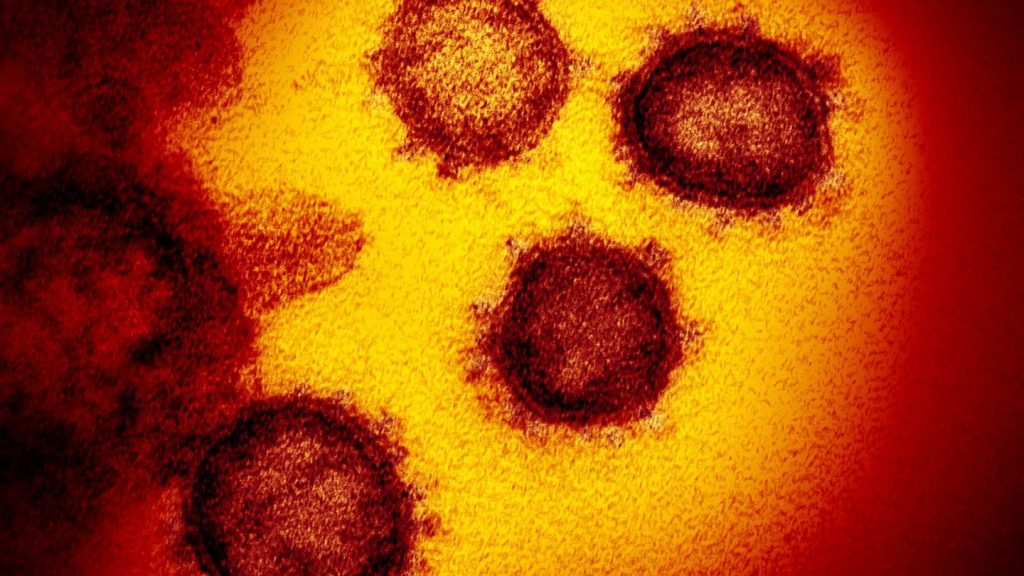
Study by UK scientists has revealed Covid-19 can survive on fabrics for up to three days. Photo / file
Laundry, fabric, cloth, towels, they reside in a liminal space, holding trace of material activity. The study added droplets to the fabrics and the scientists then monitored its stability on each material for 72 hours. Polyester was the highest risk. On 100 per cent cotton, the virus lasted 24 hours, and on poly cotton, it survived six hours.
COVID-19 at the molecular level
This very popular image, used across a number of publications looks a lot like towel fibres!
COVID-19 coronavirus: LSG Sky Chefs shuts down laundry department amid COVID investigation
15 Feb, 2021 11:20 AM, Lincoln Tan
LSG Sky Chefs, which services at least 34 airlines around the world according to its website, including Air New Zealand, has shut its laundry department in Māngere, Auckland.
While it’s impossible to rule out that transmission could occur from laundry, it’s “highly unlikely”, Dickinson said.
Could you really catch COVID-19 from laundry? The science of surface transmission
Feb 19 2021 15:02, Hannah Martin
COVID-19 rarely spreads through surfaces. So why are we still deep cleaning?
Hand washing is crucial, says Marr, because surface transmission can’t be ruled out. But it’s more important to improve ventilation systems or to install air purifiers than to sterilise surfaces, she says.
Domestic violence calls to police increase in lockdown
1/05/2020 — 100 rnz pacific language news … Police figures comparing the week before the lockdown show a 22 percent increase in investigations. … Women’s Refuge is renting Airbnb properties and motels to house women and …
Women’s Refuge sees high demand during COVID-19 … – RNZ
4/04/2020 — Women’s Refuge says lockdown worries and family strains are resulting in … accommodation outside of safe houses, at places such as motels. … Dr Jury said being kind to each other includes checking in on those who are vulnerable,
Lockdowns around the world bring rise in domestic violence
28/03/2020 — Women and children who live with domestic violence have no escape … houses, and lift conditions on leaving home for women who are vulnerable
